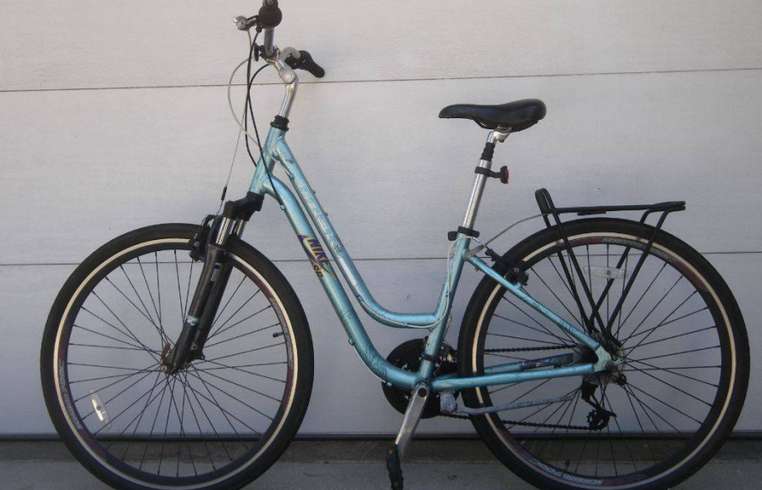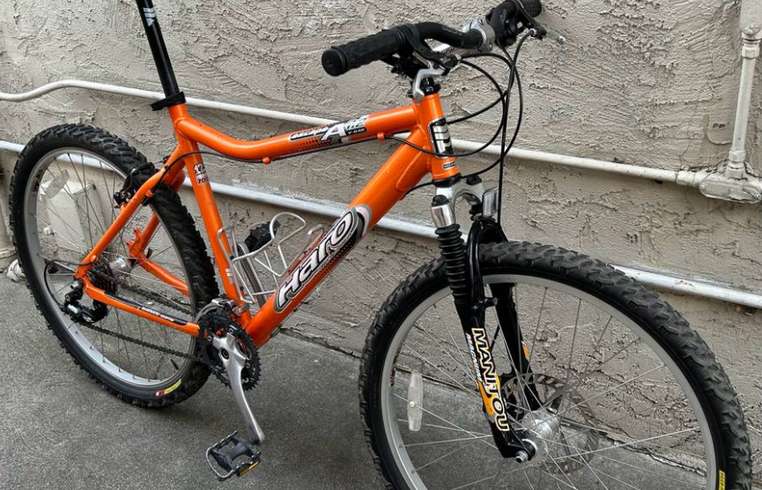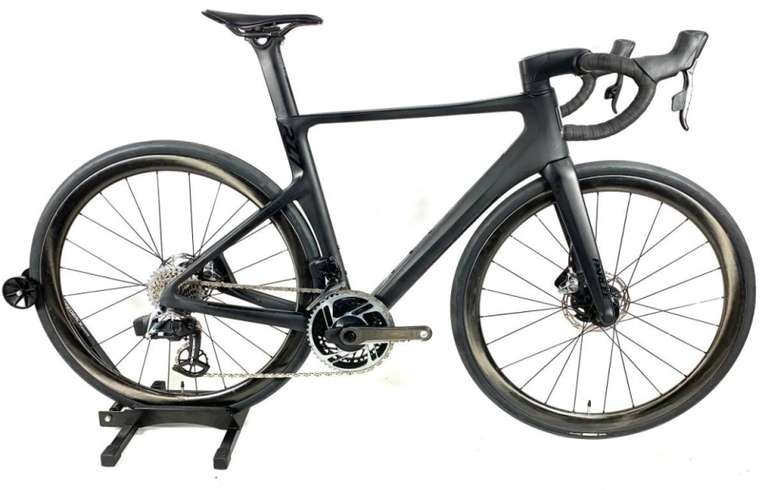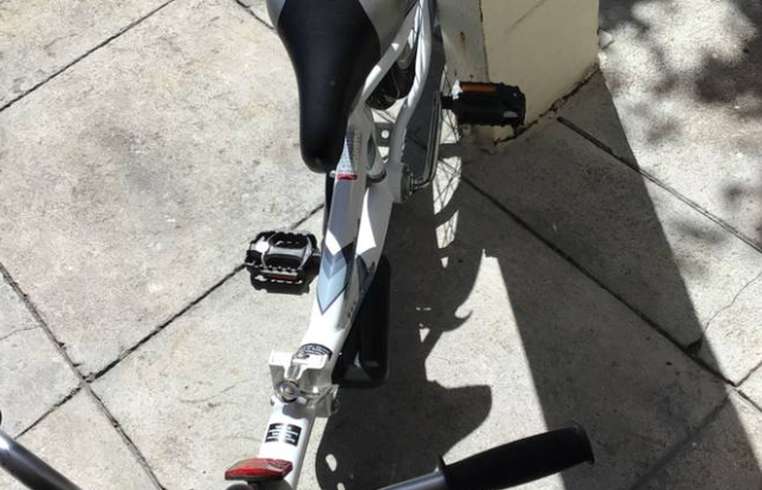
Vehicles: A Journey Beyond Imagination
The Evolution of Vehicle Technology
As we venture further into the 21st century, vehicle technology continues to evolve at an unprecedented pace. Electrification, autonomous driving systems, and advanced connectivity are no longer visions of the future; they are becoming integral parts of the vehicles we use every day. These advancements promise not only to make our travels safer and more efficient but also to significantly reduce the environmental impact of transportation.
Reimagining Transportation
Imagine stepping into a vehicle that doesn't just take you from point A to B but does so in a way that is tailored to your preferences, needs, and desires. Today's innovators are reimagining transportation through vehicles that offer personalized experiences, integrating artificial intelligence, augmented reality, and other cutting-edge technologies.
Unconventional Vehicles: Exploring New Horizons
The definition of a vehicle is expanding. Beyond cars, buses, and trains, we now see personal drones, hoverboards, and even commercial spacecraft as vehicles opening new horizons of exploration and adventure. These unconventional vehicles challenge our perceptions and promise to unlock new realms of possibility in both personal mobility and commercial travel.
Embracing Sustainability in Transportation
As the conversation around climate change intensifies, the vehicle industry is at the forefront of adopting sustainable practices. Electric vehicles (EVs), hybrid models, and the development of cleaner fuels are just the beginning. The future of vehicles lies in creating a harmonious balance between innovation and environmental stewardship, ensuring that our journey towards the future is both exciting and eco-friendly.





